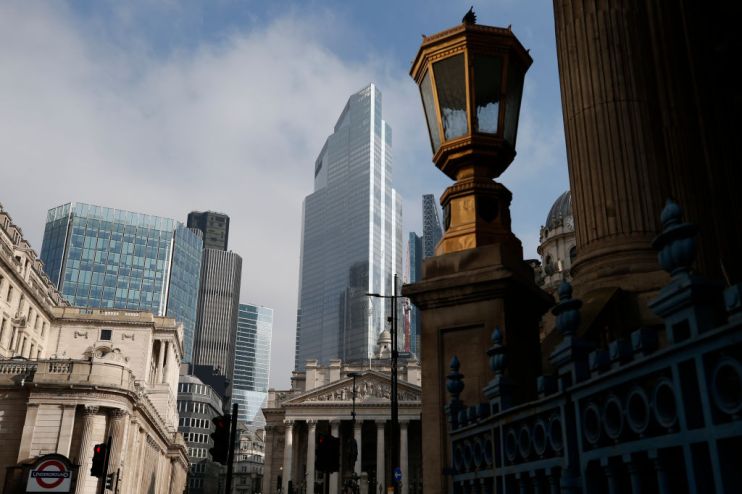Exclusive: Business group urges government to launch Covid bonds in ‘war-style’ recovery plan

The government should issue Covid recovery bonds to finance the UK’s “war-style” post-pandemic recovery, according to family business organisation the Independent Business Network.
The business group, which represents family owned or run firms across the country, said the government should abandon inflationary Quantitative Easing and introduce the bonds instead.
In a letter to the Prime Minister, seen by City A.M, the organisation said the bonds could be used to repay existing debt, finance a “war style” Covid recovery fund to finance intensive infrastructure investment, and help to deliver the government’s “levelling up” agenda.
The Independent Business Network said “while the UK has not experienced a war it has experienced economic decline comparable to that inflicted by one”.
The proposed perpetual bonds – meaning the bond would have no maturity date – would be available to both retail and institutional investors.
Other proposed measures set out by the group include abolishing the very top additional 45 per cent rate of income tax and cutting the higher rate of income tax from 40 per cent to 30 per cent.
It suggested reducing the standard rate of income tax from 20 to 15 per cent.
The group also proposed reducing VAT to ten per cent for the 2021/22 financial year, freezing business rates for a further year and halving Britain’s on-trade alcohol taxes for a year.
Finally, the organisation recommended slashing corporation tax by 10 per cent.
Independent Business Network chairman John Longworth, said: “Britain may not have fought a war in the conventional sense, but an assessment of our national expenditure suggests it may as well have done.
“It’s justified that tools similar to those we have used to finance our war time spending should be used to fund our current crisis.
“Covid Recovery Bonds have the dual attraction of providing the finance the government needs to deliver on its levelling up agenda, while at the same time freeing us from the inflationary pressure associated with Quantitative Easing.”